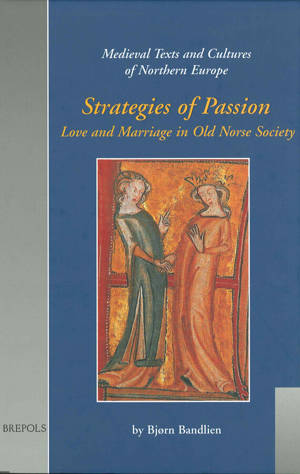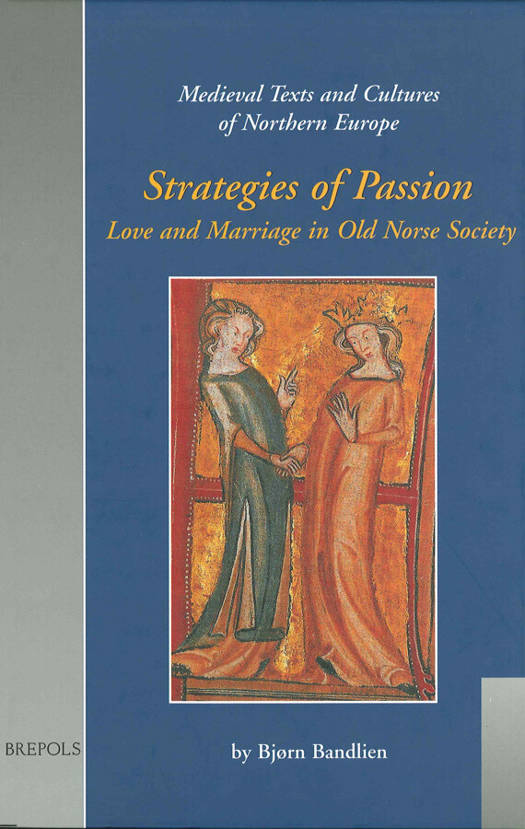
- Afhalen na 1 uur in een winkel met voorraad
- Gratis thuislevering in België vanaf € 30
- Ruim aanbod met 7 miljoen producten
- Afhalen na 1 uur in een winkel met voorraad
- Gratis thuislevering in België vanaf € 30
- Ruim aanbod met 7 miljoen producten
Zoeken
€ 37,10
+ 74 punten
Omschrijving
This book is concerned with the social and gendered meanings of love in medieval Norway and Iceland. In the Viking Age, to love would most often imply a submissive social position, while being loved by a woman could elevate a man above the status of her family. Women were supposed to love upwards in the social hierarchy, but could also use their desire to negotiate the social position of men. A close reading of the skaldic poetry shows the dilemma men faced when longing for women's love and approval. These ideas of love relations shaped Norse interpretations of courtly love and marriage formation by consent in the twelfth and thirteenth centuries. However, new ideas of sexuality, gender and aristocratic culture changed several aspects of love and marital affection in the later middle ages. Men became the loving subject, but in a way that did not challenge the social order. For women, ideal love was attached to humility and submission to parents and husband. But even though the new ideology of love and marriage to some extent neutralized the tensions between consent and parental control, the sources show that both men and women could use the new conceptions of love to serve their own marital and social strategies.
Specificaties
Betrokkenen
- Auteur(s):
- Uitgeverij:
Inhoud
- Aantal bladzijden:
- 345
- Taal:
- Engels
- Reeks:
Eigenschappen
- Productcode (EAN):
- 9782503521633
- Verschijningsdatum:
- 1/12/2005
- Uitvoering:
- Hardcover
- Formaat:
- Genaaid
- Afmetingen:
- 167 mm x 249 mm
- Gewicht:
- 757 g

Alleen bij Standaard Boekhandel
+ 74 punten op je klantenkaart van Standaard Boekhandel
Beoordelingen
We publiceren alleen reviews die voldoen aan de voorwaarden voor reviews. Bekijk onze voorwaarden voor reviews.











